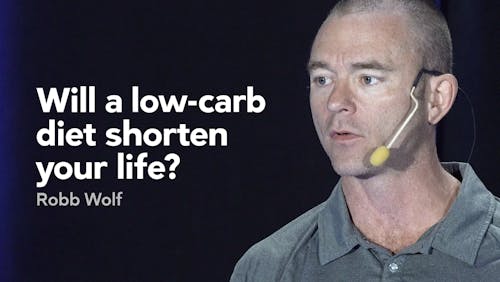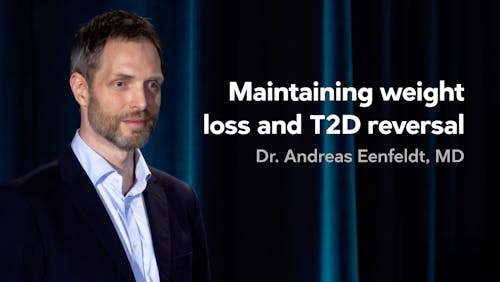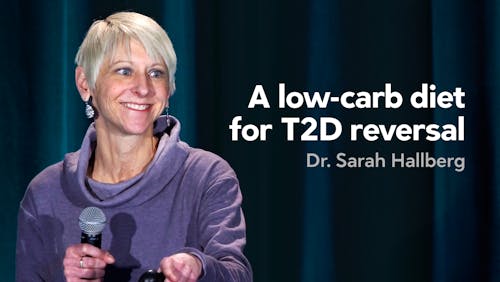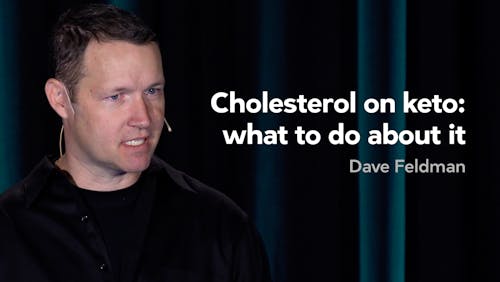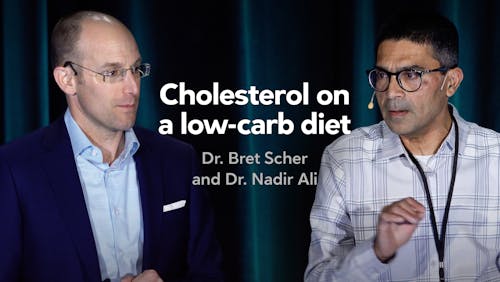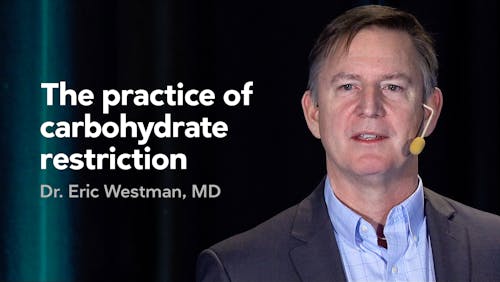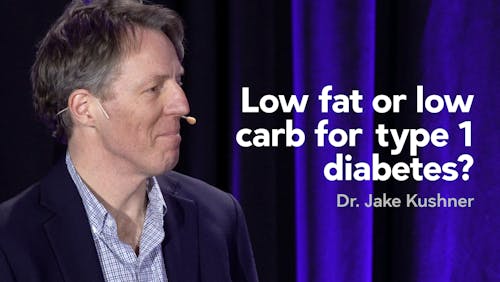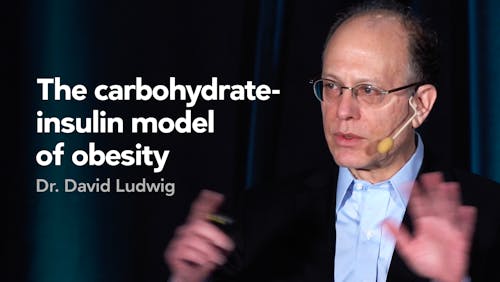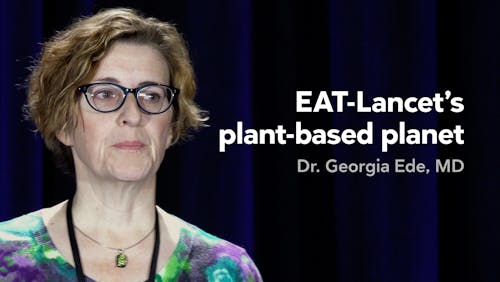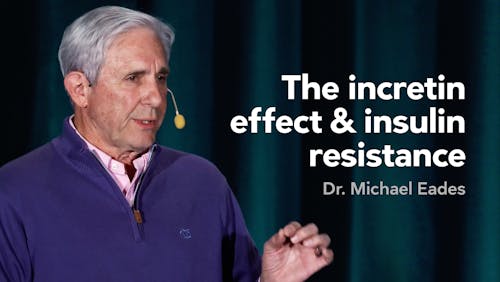Ketones – the metabolic advantage?
Can ketones create a possible metabolic advantage?
In this presentation from the Low Carb Denver 2019 conference, Dr. Benjamin Bikman explains how mitochondria – the power plants of the cells – can use nutrient energy in two different ways. Either a very efficient way, or the mitochondria are being wasteful and using more nutrient energy than needed. This latter option might have benefits for weight loss.
This is our fifth posted presentation from the Low Carb Denver conference that ended a few weeks ago. We’ve previously posted the presentations by Gary Taubes, Dr. Andreas Eenfeldt, Dr. Sarah Hallberg, and Dr. David Ludwig.
Transcript of the preview above
Prof. Ben Bikman: In order to talk about metabolic function we have to zoom in a little bit and of course we come to the so-called powerhouse of the cell and that’s the mitochondria. So, the mitochondria are the organelles within the cell that are taking fuel with a little help from oxygen because in a way this kind of is like a combustion event.
Watch a part of our presentation above. The full video is available (with captions and transcript) with a free trial or membership:Ketones: the metabolic advantage – Dr. Benjamin Bikman More videos from the Low Carb Denver conference is coming, but for now, check out our recorded livestream featuring all the presentations, for members (Join free for a month):


